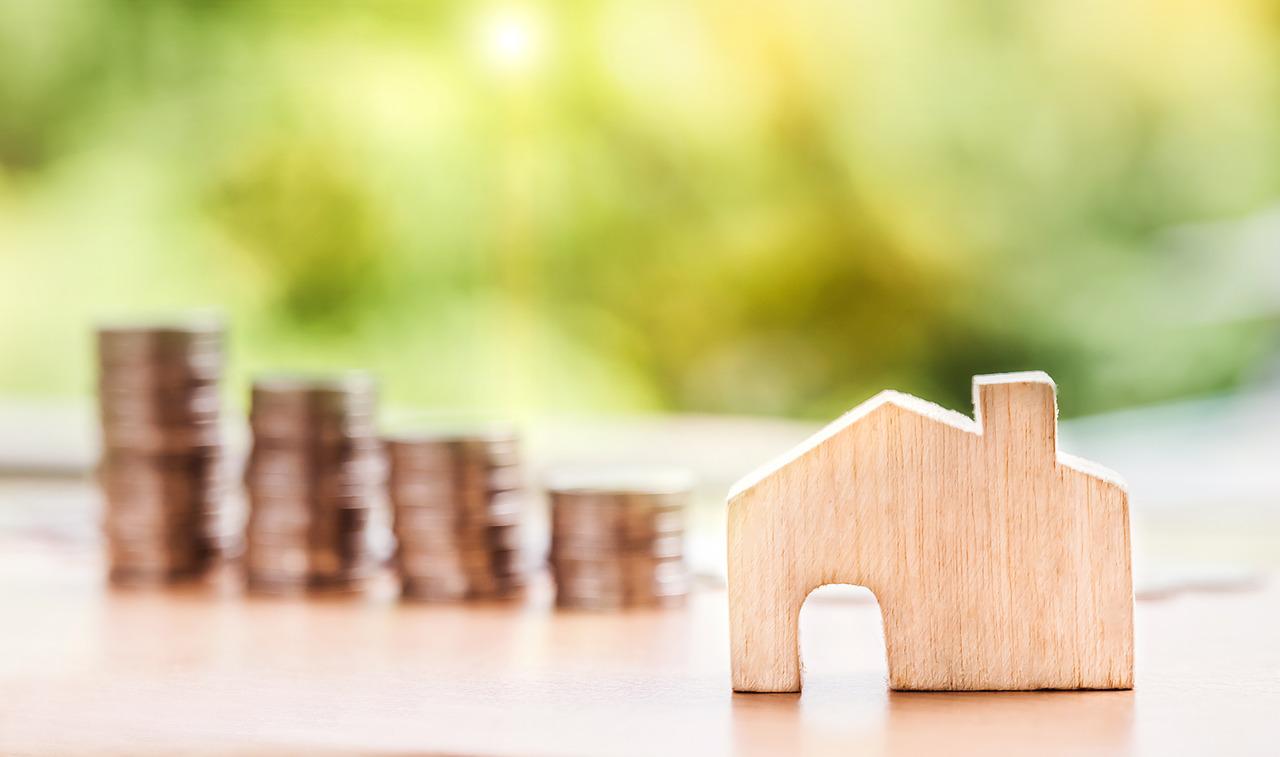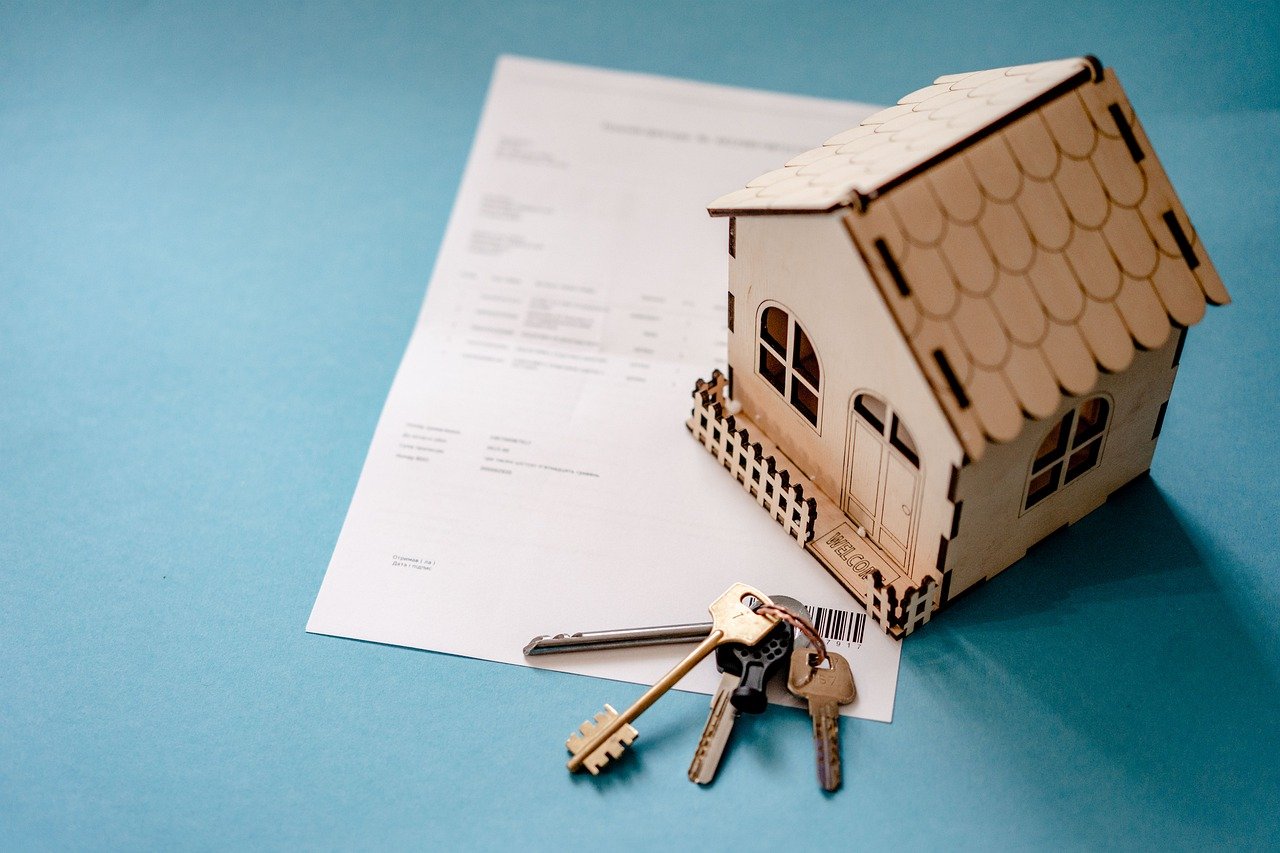Are you looking forward to filing your taxes, but you’re not sure how you’ll spend the money you get back? Use your tax refund to power up your real estate goals.
The process of buying a home and receiving a tax refund go hand in hand since there are several ways in which your refund can be applied to the process of purchasing a property. Your tax return is money that you have earned through your own efforts.
You can enhance your current financial status and develop money that is more stable and long-lasting by placing it in real estate investments. Continue reading to find out how you might invest your tax refund in order to achieve your real estate ambitions.
How to make your tax return work for you when you buy a home:

The season for buying a home kicks up just as people in the United States begin to receive their tax returns, and there’s a solid reason for this: putting your tax refund toward the purchase of a property can streamline the process and reduce the overall cost.
Also read: THINGS YOU NEED TO KNOW BEFORE MOVING TO WESTFIELD, NJ
The following is a list of methods by that your tax refund can be applied toward the purchase of a home.
Pay down debt
Your credit score is one of the most important elements that mortgage lenders use when determining your interest rate. You can increase both your credit score and your debt-to-income ratio by paying down some of your loans with the money you get back from your taxes.
The down payment
When you take out a mortgage, you are required to make an initial payment known as a down payment. The lower the interest rate, the larger the initial payment will need to be.
It may end up saving you money in the long run if you put more of your tax refund toward your down payment. In addition, making a down payment of at least twenty percent allows the buyer to avoid having to pay for private mortgage insurance (PMI). This is how you can use your tax refund to power up your real estate goals.
In the event of a default on a mortgage, PMI safeguards the lender. Due to the fact that it raises your monthly mortgage payment, paying PMI is not the best option.
Do you not know how much of a mortgage payment you can afford to make? Find out with the help of our convenient mortgage calculator.
Earnest Money Deposit
When the housing market is competitive, buyers need to differentiate themselves from other potential buyers and demonstrate to sellers that they are serious about buying their houses.
You can make an offer to the seller of your dream house that includes a deposit of earnest money if you don’t want to risk missing out on the opportunity. The percentage might range anywhere from one percent to three percent of the home’s asking price.
The buyer’s down payment is held in escrow until the closing of the mortgage transaction, at which point it is released back to the buyer. The use of your anticipated tax refund as an Earnest Money Deposit is a clever move that can help you secure the house of your dreams.
Home inspections
In most cases, the buyer is responsible for footing the bill for the home inspection of a prospective property. A written report is generated as part of the home inspection process.
This report evaluates the current state of the property as well as any necessary repairs or maintenance issues. A trained professional should do the home inspection which may cost more than $400 at the very least. Additional inspections may be needed… budget up to $1,500. This is how you can use your tax refund to power up your real estate goals.
Closing costs
In addition to the costs mentioned above, there are additional costs relating to the process of purchasing a property. Title insurance, property taxes, attorney costs, appraisal fees, and other fees may fall in this category.
The process of purchasing a home should be less stressful by the use of tax refund money to help cover the costs associated with doing so.
Cost reductions for the maintenance of the home
When you buy a house, you’ll have to deal with a lot of maintenance concerns, some of which may arise at the most inopportune times.
Homebuyers might increase their self-assurance by placing their income tax refunds in a savings account for use in the event of future house maintenance needs.
Not sure how much to put in the savings account? Industry professionals recommend that you set aside one percent of the home’s original purchase price each year for home maintenance.
How to invest your tax return to increase your equity in your property:

Increase the value of your home, refinance any existing mortgages on your property, and consider making an investment in a second property using the money you receive as a tax return.
The following are some different ways that you can use your tax refund to power up your real estate goals:
Repairs/Remodels
The joy of owning a home comes with the unavoidable responsibility of paying for maintenance and repairs, which can add up quickly. Extensive repairs, like repairing a deck or installing a new water heater, might take a significant chunk out of your finances.
The value of your property can significantly increase if you invest the money from your tax refund in considerable home improvements. When you go to sell your property in the future, having completed the necessary repairs now could help you fetch a higher price.
Refinancing costs
A sensible move that can save you thousands of dollars each year is to refinance your mortgage. Your interest rate, the amount you pay for mortgage insurance, and the length of your loan could all decrease if you take this action.
It is possible for the costs relating to refinancing, including application fees, appraisal fees, title search fees, and title insurance, to suddenly add up. Investing your tax return in the refinancing of your mortgage is a prudent move that will result in long-term cost savings. So, this is how you can use your tax refund to power up your real estate goals.
Investing in a second home
Putting your tax refund to work for you is possible by making an investment in the second piece of real estate. An additional property allows you to grow equity and generate prospects for passive income, regardless of whether you use it as a vacation home or rent it out.
You want to buy a second house, but you’re not sure where to. Investing in real estate by purchasing a home in the state of New Jersey is a fantastic choice.
The demand for rental housing in the state is high, employment rates are on the rise, and it is because of some of the best schools in the country.
What Are Some Things That You Should Not Do With Your Tax Refund?
When you are thinking about buying the property, there are some things that you should not do with your tax refund that could end up costing you money.
If you engage in any of these activities, there is a possibility that you face rejection of your loan application. It is because of the specific restrictions that lenders must adhere to.
Avoid transferring money around without proper documentation
It is not advisable that you choose to get your return in the form of cash or take the money out of your bank account right away. A lender does not want to provide financing to an individual that the lender suspects of engaging in money laundering.
Though you are unable to establish your paper trail, your application can still be rejected even if you are not actually laundering money, but it seems as if you are.
Make sure you don’t spend your Tax Refund on stuff you don’t really need
You should also avoid wasting the money that you get as a tax refund since this is another mistake.
Getting a significant sum of money all at once at the start of the year can present a number of temptations. Make it a priority to put this money toward the achievement of your monetary objectives.
You might be able to use your tax return to make a down payment on a new property, which will bring your mortgage payment for that home down to a more manageable level.
You can also investigate the possibility of the seller providing concessions, which would allow you to have some or all of your closing fees covered at no cost to you.
Buying a house with your tax refund is a smart investment
Refunds on federal income taxes can be an excellent source of money for prospective homeowners to utilize as a down payment when buying a house.
It is suitable that you put the money toward an investment, such as purchasing a property. Even though it may be tempting to spend the return on activities that could be more enjoyable, such as going shopping or taking a vacation.
When compared to renting, owning one’s own house offers a number of benefits. It’s possible that your monthly mortgage payments will be less expensive than your rent, and unlike with an apartment, you’ll have the option of selling your home and profiting from the sale when you’re ready to move up. Renting can often be much more expensive than purchasing a home in many parts of the country.

 Site by Ha Media
Site by Ha Media
Leave a Reply